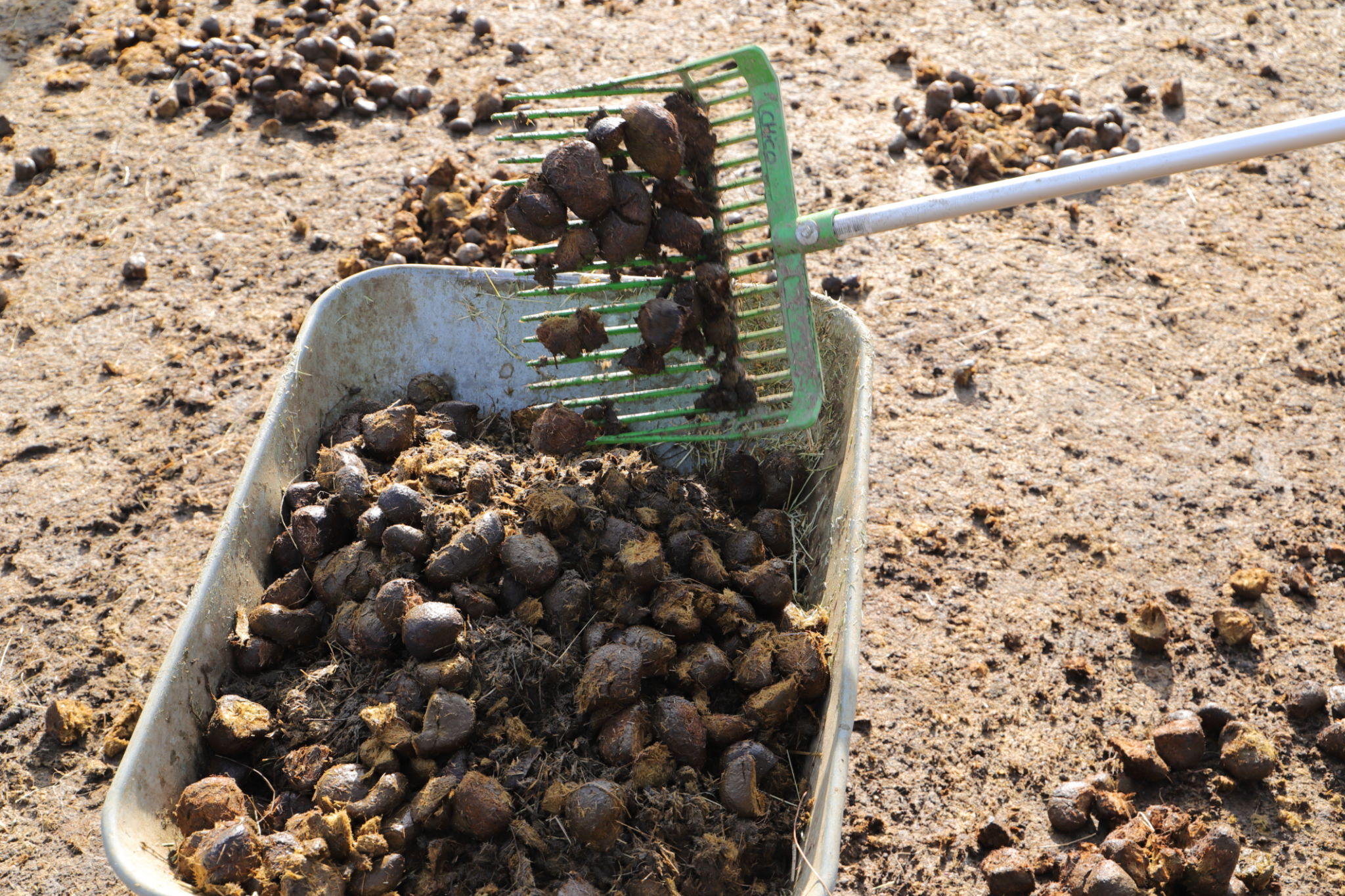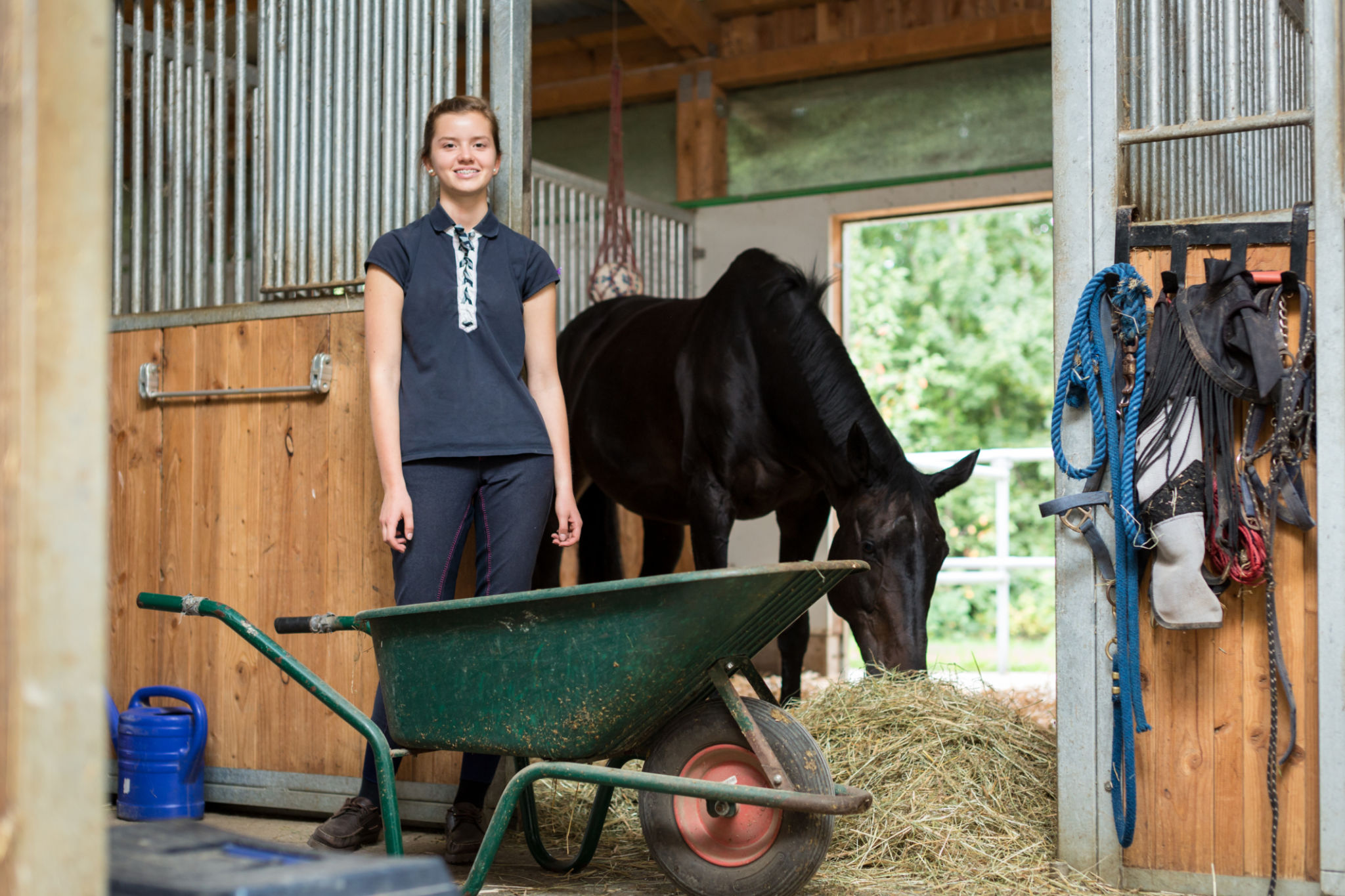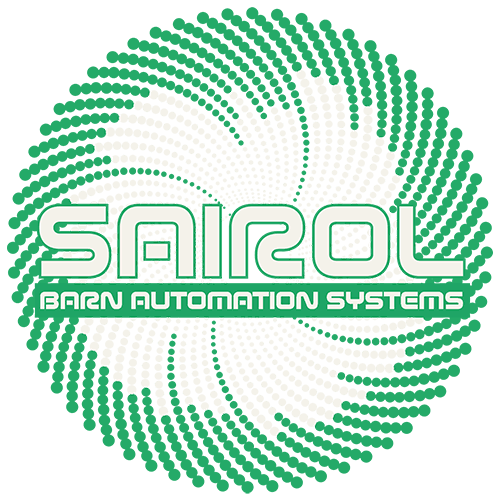Common Myths About Equine Waste Disposal Debunked
Understanding Equine Waste Disposal
Equine waste management is a crucial aspect of maintaining a healthy and environmentally friendly stable. However, there are many myths surrounding this process that can lead to misconceptions and improper disposal practices. By debunking these myths, we can better understand how to handle equine waste effectively.

Myth 1: Equine Waste is Purely Natural Fertilizer
One common belief is that horse manure can be directly used as natural fertilizer without any treatment. While it's true that manure is rich in nutrients, using it directly can lead to issues such as nitrogen burn in plants or the spread of parasites and pathogens. Proper composting is necessary to make it a safe and effective fertilizer.
Myth 2: Composting is Too Complicated
Some people think that composting equine waste is a complex and time-consuming process. In reality, it can be quite simple with the right approach. By following basic steps like mixing manure with bedding and maintaining adequate moisture, anyone can manage a successful compost pile that reduces waste and improves soil quality.

Environmental Impact and Regulations
Another myth is that equine waste disposal has minimal environmental impact. This is far from the truth. Improper disposal can lead to water contamination and contribute to greenhouse gas emissions. It's essential to follow local regulations and guidelines to minimize the environmental footprint of equine operations.
Myth 3: All Disposal Methods Are the Same
Not all disposal methods are created equal. While some may opt for spreading manure on fields, others might choose to transport it to a landfill. Each method has its pros and cons, but composting tends to be the most sustainable option, reducing waste volume and creating valuable soil amendments.

Health and Safety Concerns
There are also misconceptions regarding the health risks associated with equine waste. Some believe it's harmless, but without proper management, it can harbor harmful bacteria and parasites. It's crucial to ensure regular cleaning and appropriate disposal techniques to maintain a healthy environment for both horses and humans.
Myth 4: Equine Waste Has No Value
Lastly, there's a misconception that equine waste has no value beyond being a nuisance. In reality, when properly managed, it becomes a valuable resource. Not only does it contribute to soil fertility, but it can also be used in biogas production, offering renewable energy solutions.
Understanding these myths and the truths behind them is essential for any horse owner or stable manager. By adopting proper disposal practices, we can ensure a healthier environment and make the most of this often-overlooked resource.
